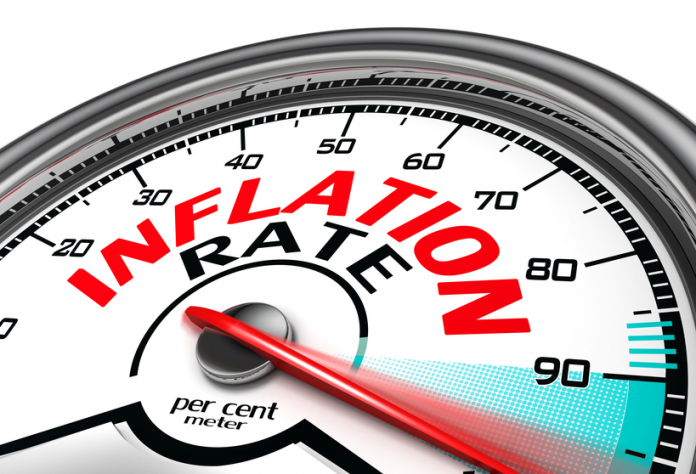MARKETS AND ECONOMY
World Bank says inflation dragged another seven million Nigerians into poverty
Published
5 years agoon

World Bank says inflation dragged another seven million Nigerians into poverty
Read Also:
The number of Nigerians living below poverty line increased in 2020 by another seven million people who fell victims of rising cost of living triggered by spiking inflation in the country.
The World Bank revealed this in a press statement titled ‘Critical reforms needed to reduce inflation and accelerate the recovery, says new World Bank report’ released by the bank’s Senior External Affairs Officer for Nigeria, Mansir Nasir, on Tuesday.
The press statement was released in line with the latest World Bank Nigeria Development Update.
The bank said the Federal Government took measures to protect the economy against a much deeper recession, adding that it was recommended that certain policies should be set for a strong recovery.

World Bank President, David Malpass
The statement read, “The NDU, titled ‘Resilience through Reforms’, notes that in 2020 the Nigerian economy experienced a shallower contraction of -1.8 per cent than had been projected at the beginning of the pandemic (-3.2 per cent).
“Although the economy started to grow again, prices are increasing rapidly, severely impacting Nigerian households.
“As of April 2021, the inflation rate was the highest in four years. Food prices accounted for over 60 per cent of the total increase in inflation.
“Rising prices have pushed an estimated seven million Nigerians below the poverty line in 2020 alone.”
Quoted in the statement, the World Bank Country Director for Nigeria, Shubham Chaudhuri, identified some of the challenges faced by the country and recommended a way forward.
Chaudhuri said, “Nigeria faces interlinked challenges in relation to inflation, limited job opportunities, and insecurity.
“While the government has made efforts to reduce the effect of these by advancing long-delayed policy reforms, it is clear that these reforms will have to be sustained and deepened for Nigeria to realise its development potential.”
Also quoted was the World Bank Lead Economist for Nigeria and co-author of the NDU, Marco Hernandez, who also gave a recommendation.
“Given the urgency to reduce inflation amidst the pandemic, a policy consensus and expedite reform implementation on exchange-rate management, monetary policy, trade policy, fiscal policy, and social protection would help save lives, protect livelihoods, and ensure a faster and sustained recovery,” Hernandez said.
Share this:
- Click to share on X (Opens in new window) X
- Click to share on Facebook (Opens in new window) Facebook
- Click to share on WhatsApp (Opens in new window) WhatsApp
- Click to share on Pocket (Opens in new window) Pocket
- Click to share on Telegram (Opens in new window) Telegram
- Click to email a link to a friend (Opens in new window) Email
- Click to share on LinkedIn (Opens in new window) LinkedIn
You may like


World Bank Approves $500m To Expand Finance For MSMEs In Nigeria


Nigeria’s Inflation Moderates to 14.45% in November


Stability Without Relief? 10 Things the World Bank Says About Nigeria’s Reforms


139m Nigerians Still in Poverty Despite Tinubu’s Reform Gains – World Bank


Nigeria’s Inflation Eases to 20.12% in August as Food Prices Retreat


World Bank Approves $300m to Support IDPs in Nigeria










